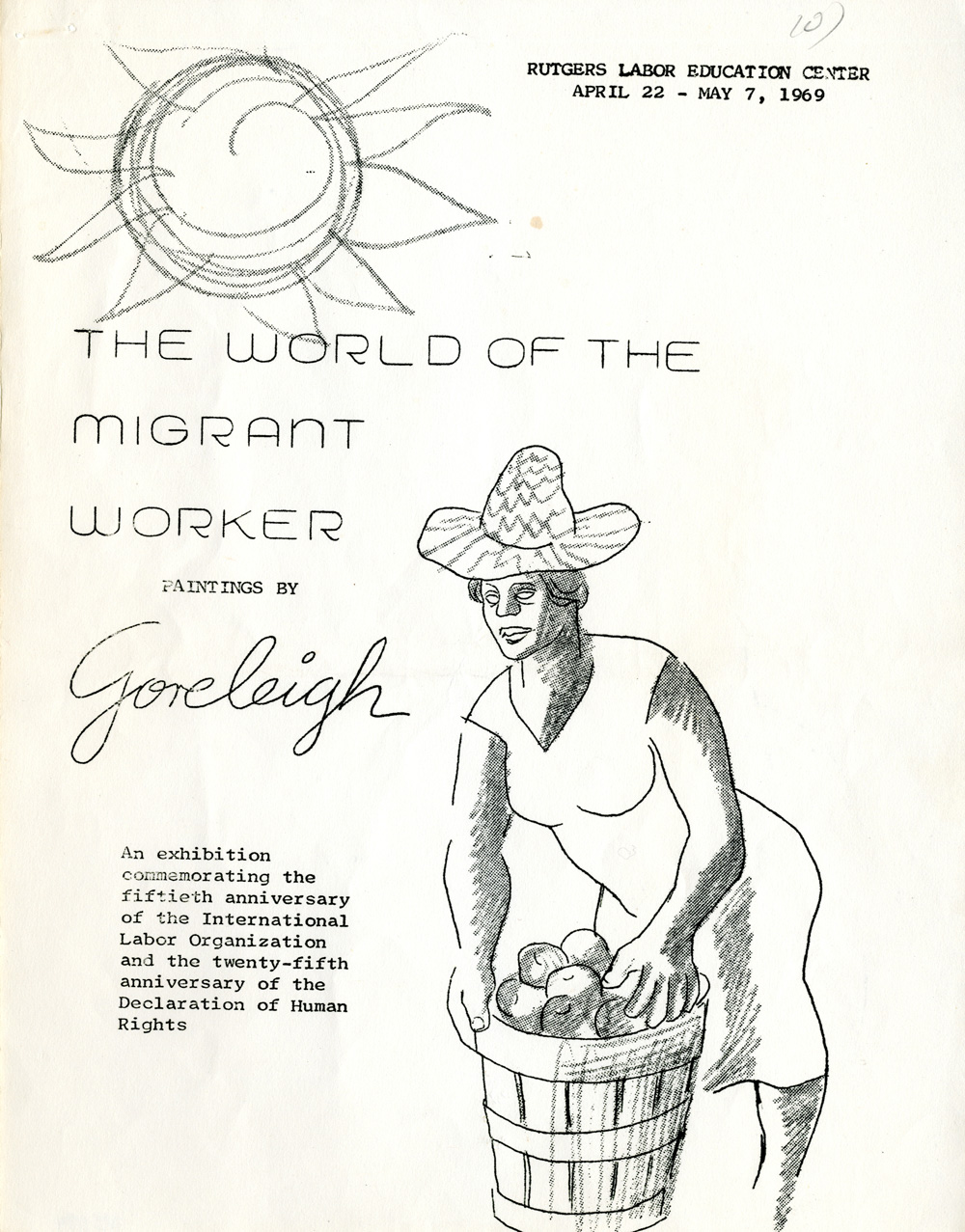11. Migrant Farm Labor
What’s growing here? Tomatoes
Since the late nineteenth century, summer has brought migrant farm workers to New Jersey. These seasonal laborers traveled from farm to farm up the eastern seaboard, moving from the South northward along with the harvest, supplementing the local workforce where needed. By 1961, New Jersey’s migrant worker population consisted of over 22,000 people, mainly African-Americans.
Despite the passage of a migrant labor law in 1945, a 1961 series by Dale Wright in the New York World-Telegram newspaper exposed the harsh conditions migrant farm workers experienced. Wright traveled with migrant workers from Florida to New York, writing that many of them labored 14-hour days, suffered wage theft at the hand of crew leaders, and lived in squalid conditions in migrant camps.
A number of organizations and individuals sought to assist New Jersey’s migrant workers. The New Jersey Council of Churches provided child care, health advice, literacy education, recreation, and religious instruction to migrant workers and their families in the 1950s and 1960s. Central New Jersey had its own migrant labor school and day care center in nearby Cranbury.
Today, the number of migrant farm laborers in New Jersey has dropped closer to 10,000 laborers. Most hail from Mexico and Central America. Organizations like CATA (Farmworkers Support Committee), founded in southern New Jersey in 1979, continue to actively seek improved working and living conditions for these men and women.
Inside the Updike farmhouse museum, you can view artwork by Princeton artist Rex Goreleigh, who depicted the lives of African-American migrant workers in central New Jersey
This poster promoting an exhibition of artwork depicting the lives of migrant workers belonged to Emma Epps, a Princeton community leader who served as chair of the Migrant Committee of the New Jersey State Federation of Colored Women’s Clubs in the 1960s. She brought donated clothing and books to migrant families in Cranbury and Hightstown and lobbied for changes in wages and labor codes on a legislative level.
Emma Epps Papers. Collection of the Historical Society of Princeton